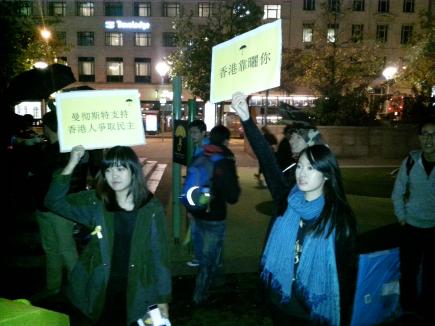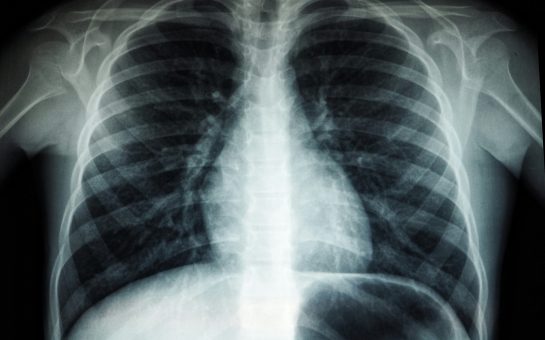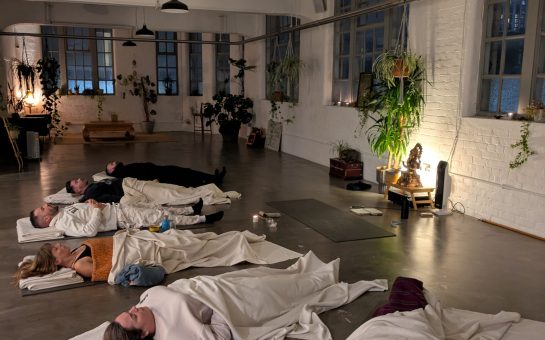Protesters flooded Piccadilly Gardens yesterday as support for Hong Kong’s pro-democracy movement spread across the globe.
Thousands of people have taken to the streets of Hong Kong in the last week after China said it would vet candidates for a leadership election in 2017.
Yesterday, demonstrators protested in major cities around the world, including London, Montreal and Toronto in Canada, New York and Washington DC in the United States, Paris, Seoul, Stockholm, Copenhagen, Hamburg, Melbourne and Sydney Down Under.
In Manchester, students holding placards watched videos of protesters on the streets of Hong Kong.
“What brought us together is the sheer inequities and injustice that we witnessed as a citizen of Hong Kong,” protester Andrew Lung told MM.
“We see that the police are using tear gas, pepper spray, riot shields against students and citizens that are completely unarmed. It’s unproportional, it’s illegitimate.
“What we’re doing matters a lot because we’re creating international pressure. We, students, are working to translate the news from China to English to French to Spanish.
“We need to spread the news so that pressure from worldwide can be heard from China, and China must make a response.”
The protests are the worst in Hong Kong since China resumed its rule in 1997 and pose one of the biggest political challenges for Beijing since the massacre of pro-democracy protestors in Tiananmen Square in 1989.

STANDING TOGETHER: Protesters stayed in Piccadilly Gardens all day
One protester Mr Lung, 23, was born in Australia after his parents fled China following the massacre.
“My father and mother thought that it might be better if I had a foreign passport, then I’d go back to Hong Kong,” the politics student at the University of Manchester told MM.
“We thought things would be ok, but things really deteriorated very quickly in this decade.”
Yesterday, former governor Chris Patten accused China of breaking the promises it made before control of the former British colony was handed over to China.
He said protesters were simply standing up for what they were promised in the territory’s Basic Law, which was drafted in accordance with an agreement on Hong Kong between Britain and China in 1984, ahead of the 1997 handover.
“They said these matters were within the autonomy of the Hong Kong government and they are now reneging on that,” he told the BBC.
“In the Basic Law and in the promises that people were given, it’s absolutely clear that the pace of democratisation is a matter for the Hong Kong government.
“It is described as being within Hong Kong’s ‘high degree of autonomy’. It is absolutely absurd to say that this is all decided by the authorities in Beijing.”
Lord Patten said the current situation represented ‘a breach of what the Chinese government have promised Hong Kong’ and that dialogue ‘must replace tear gas and pepper spray’.
During protest in Hong Kong over the weekend, riot police used the deterrents as well as baton charges, sparking fears violence could escalate, though tensions have eased since.



